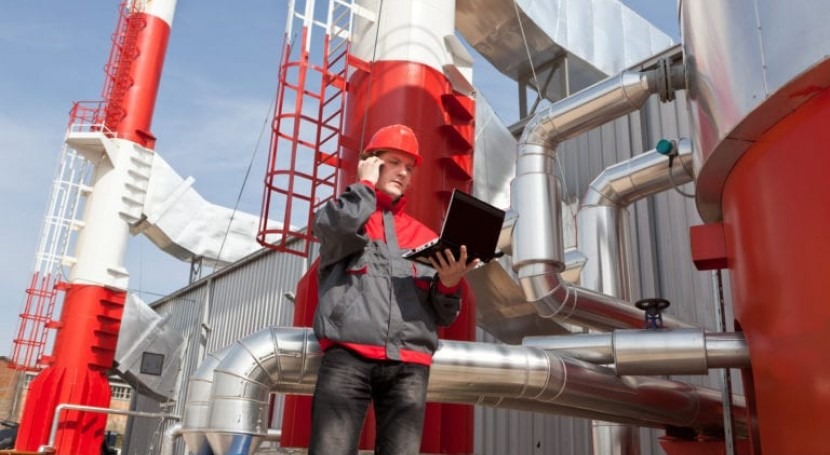How Maintenance Excellence can reduce downtime, overall maintenance costs and worker stress while boosting plant efficiency
In recent blog posts I’ve explored how Asset Performance can affect your plant’s economic return. With Asset Reliability as the first step in your action plan, the next thing to consider is Maintenance Excellence. To help explain the concept I think about it like this: the old way and the new way. Let’s look at it in terms of maintaining your car.
Maintenance the old way
- Breakdown and then fix it – picture yourself standing by the side of the road waiting for help to arrive.
- Maintenance just because – changing brake pads, timing belt, or other engine parts at set points before a breakdown happens.
Much of Industry still does it the old way too. The problem with the old way is it results in two big money drains:
- Cost of down time
- Spending too much on maintenance
Like your car, keeping up with maintenance can cost a lot, but not as much as the bill (and not to mention the stress) from the break-down. For companies it can be even worse – down time can cost thousands of dollars a minute.
There are also other costs to consider, such worker stress and morale, and waste of resources.
Maintenance the new way
The new way means a lot less waiting on the side of the road and much less money spent replacing parts that aren’t broken.
- In some modern cars, breakdowns are almost a thing of the past. Nowadays when something is going to fail a ‘check engine’ light often appears, and the car tells us what to fix before it leaves us stranded at the side of the road.
- The car may also tell you when an oil change in necessary based on how the car is being driven, more a predictive or prescriptive approach rather than preventative.
Thanks to IIoT, today we can do the same thing with our plant assets. It is possible to install systems which not only tell you that something is going to go wrong, but precisely how, when, and what you need to do to prevent it. What does this mean for companies?
- Down-time can be dramatically reduced (almost to zero). According to ARC up to 5% of production is lost annually to downtime
- Maintenance costs can be reduced by up to 50%
Other benefits include:
- Using maintenance budgets more effectively
- The ability for maintenance staff to focus on the strategic business of continuously improving the way the plant runs
- Reduced worker stress since staff spend less time fighting downtime fires
How can you achieve this level of Maintenance Excellence?
Maintenance Excellence takes many forms. Certain assets may require preventative maintenance (like changing the oil on your car every 5,000 miles). Some may tell you when something needs fixing based on how the asset is being used, more a predictive or prescriptive approach (like the ‘check engine’ light in your car). It’s important to choose the right strategy for each asset and your business. Once you’ve done that then it’s time to choose an IoT system that will help tell what to do and when.
Implementing your asset maintenance system
With an IIoT enabled maintenance management solution your workers can get real time insights into the condition of your assets in an easy-to-understand way. Not only this, your maintenance staff can easily access more in-depth information such as how urgent the required action is, or the impact this asset will have on overall plant operations.
If you choose the right system, e.g. one based on an architecture which is secure, easy to install and includes mobility capabilities, you can take the first strides towards maintenance effectiveness. In fact, the mobility feature of this could even allow your staff to access maintenance insights and remote expertise from the plant floor or wherever the machines are located.
To summarize, Maintenance Excellence involves these steps:
- Deciding on the right maintenance strategies for the right assets
- Implementing a system which tells you what to do and when
- Start reaping the benefits in terms of:
- Reduced downtime (which can be a huge cost).
- Reduced maintenance costs (and worker stress).
- A more efficient plant as workers have time for continuous improvement projects.
The best part about IIoT combined with today’s analytics is that we no longer have to do things the old way. No more spending money on unnecessary car repairs or waiting by the side of the road in the middle of nowhere. Especially if there’s no cell phone service!
My next blog post will explore how to optimize your assets to achieve maximum production output while running at maximum efficiency.








